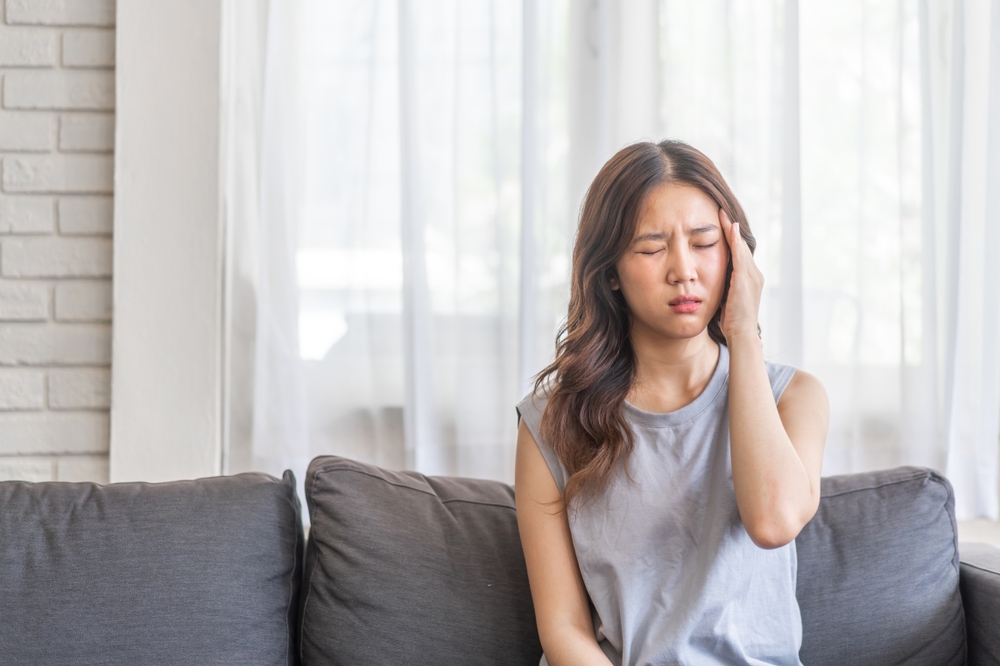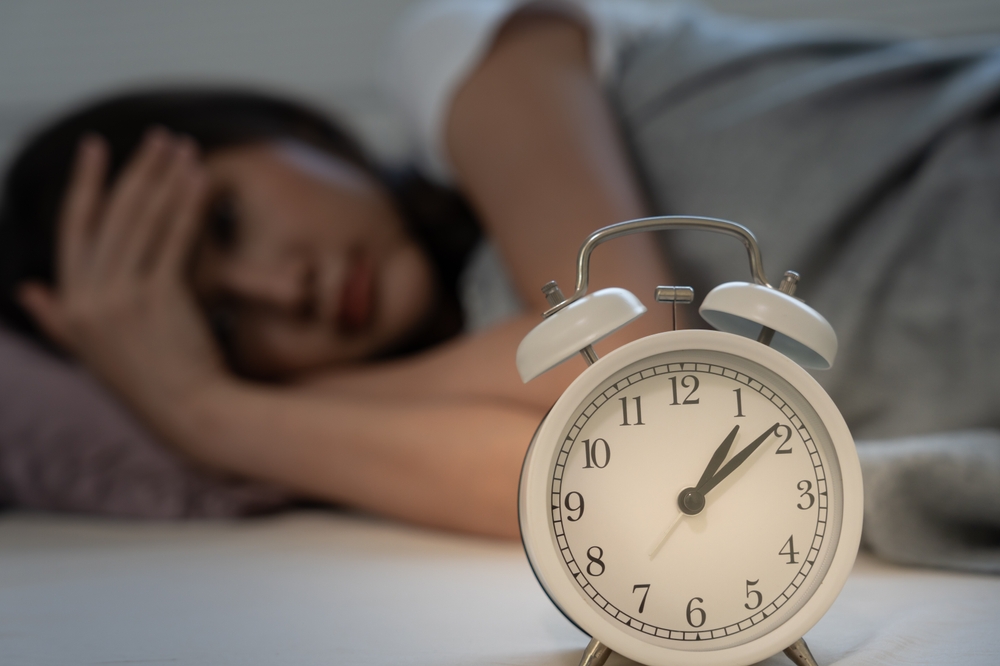Last Updated:
September 18th, 2025
After a night of heavy drinking, the next day’s hangover presents a long list of uncomfortable and painful symptoms, one of the most common being a pulsing or “splitting” headache.
While a hangover headache for some people stays mild, others can experience a more serious, almost debilitating migraine. The NHS estimates that around 10 million people live with migraine in the UK, so understanding the way alcohol relates to headaches and migraines may help many people manage such painful experiences.
We’re looking at the ways alcohol acts as a trigger for varying degrees of headache, giving tips on how you can reduce and mitigate distressing headaches after drinking.
What are the leading causes of alcohol-related headaches?
Headaches are one of the most common after-effects when a person consumes a lot of alcohol. The onset and intensity of a headache are faster for some people than others. The reasons behind headaches are complex, as many processes in the body respond to alcohol in ways that trigger pain and discomfort.
Let’s break down the key culprits of intense headaches the morning after drinking:
At the same time, alcohol consumption leads to the widening or dilating of blood vessels. This increases pressure in the head and creates the “throbbing” sensation felt during a hangover headache.
Which drinks are most likely to cause headaches?
While each person reacts to alcohol in different ways, some drinks are more likely to trigger headaches because of what’s in them, alongside the ethanol itself. The types of drinks that may be more likely to start a headache include:
- Dark spirits: Red wines, whiskey and brandy are high in congeners and histamines, which often cause inflammation and lead to headaches.
- Sugary cocktails: Cocktails with high sugar and syrups will cause a sharper drop in blood sugar, worsening hangover symptoms.
- Low-quality spirits: Low-quality drinks contain impurities and additives that intensify headaches. This can be especially problematic for people who buy cheap drinks while on holiday in developing countries.
- Carbonated mixers: Fizzy drinks with high amounts of caffeine, like energy drinks, are often used as mixers and can lead to headaches.
Choosing lighter-coloured drinks, taking things slowly and feeling the changes in your body as you drink can reduce the risk of severe hangover headaches.
Why are some people more prone to headaches?
When drinking among your friends, you may notice the next morning that they may be struggling more or less than you with their hangover symptoms. Generally speaking, a person’s biological makeup and individual factors mean hangovers manifest differently.
Some of the reasons people may experience more intense headaches after drinking include:
How can I reduce the severity of alcohol headaches?
Avoiding a headache after a night of drinking is difficult, but some small choices can help mitigate the pain, including:
- Focus on hydration: Make an effort to drink water before, during and after consuming alcohol. A good rule of thumb is one glass of water between each drink, then one pint of water before you sleep.
- Eat before and during drinking: Eating well before you drink helps with headaches, as drinking alcohol generally lowers blood sugar levels. Research suggests that headaches in a hangover come from the brain working without enough of its main fuel. Carbohydrates before and during drinking may alleviate a headache felt after consuming alcohol.
- Choose your drinks wisely: While different drinks have varying effects, try opting for lighter-coloured drinks with fewer congeners. It may also help to avoid overly sugary cocktails.
Are there hangover remedies for headaches?
As much as we may try to escape, hangovers are generally unavoidable after a night of heavy drinking. There are no quick-fix hangover remedies; even the most scientific sources use the adage: “The only way to avoid a hangover is to not drink alcohol at all.”
You will need adequate rest, optimally in a dark and cool room, to help soothe your headache as the body flushes out the remaining alcohol. You may find that electrolyte drinks, rehydration sachets, or coconut water help restore your energy levels.
Where can I find help for problematic drinking?
Sharp headaches are one short-term effect of heavy drinking, but when alcohol addiction takes hold, you will start to suffer with increasingly dangerous symptoms. If you or a loved one needs support with problematic drinking, we are here for you.
Here at UKAT, we specialise in comprehensive treatment programmes for alcohol and substance addiction. As physical and psychological withdrawal symptoms present themselves, our staff are on hand to give you the support you need. Our programmes guide you toward lasting recovery with evidence-based therapies that help you recognise and decrease cravings and urges.
The help you need is only one phone call away. Contact us today to take the first step toward a more fulfilling, sober life.






